Unconditional support
Safety and security
Non-discrimination
Protection of the interests of the trafficked person
During the implementation of all activities, the trafficked person’s interests always take precedence over those of the specialists or institutions providing support. All support measures are implemented in a way that does not damage or harm the well-being of the trafficked persons. Measures can be restricted or postponed if there are indications that their implementation will lead to a risk for the safety or health of the victim or to repeated traumatisation.
Involvement of the trafficked persons in all decisions related to them
Informed consent
Objectivity in providing information
Individual approach
Emotional support
Non-accusatory attitude
Respect for suffering
In case of children, their interests are leading and take precedence over the interests of the specialists and institutions supporting them. Children need to receive adequate information and an opportunity to express their wishes, attitudes, and concerns at every stage of the support process in a way that corresponds to their age and understanding of the situation.

